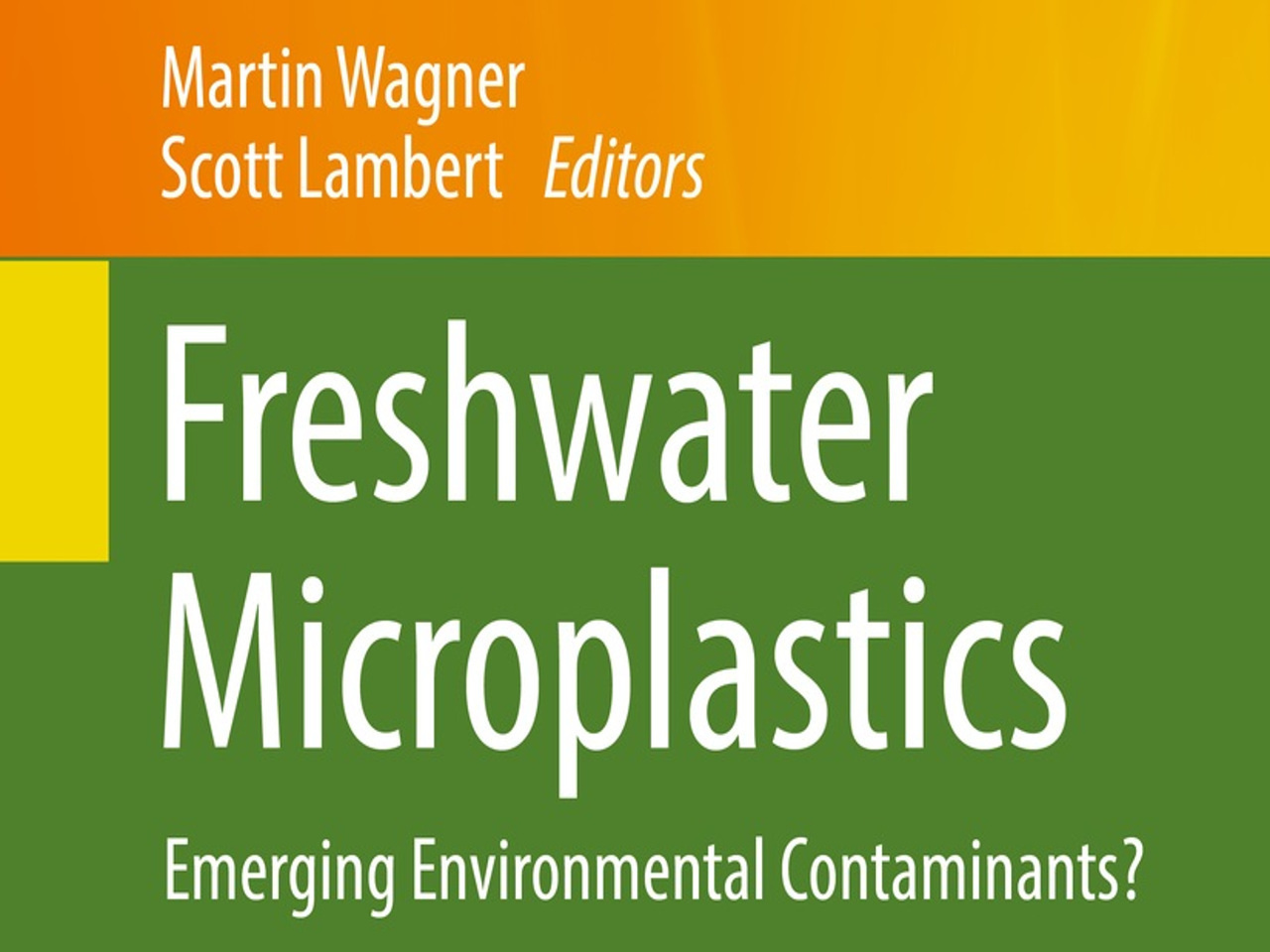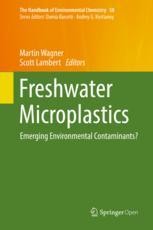Behind the Book | Interview with the editors of Freshwater Microplastics
Published in Sustainability

Interview by Sofia Costa, Associate Editor, Springer
Why is “Freshwater Microplastics” an important topic?
We are living in the "plastic age" and the wealth and well-being of modern societies depends on plastic materials. However, we have used these materials so extensively that immense amounts of plastics have leaked to natural environments. In the environment, plastics break down to smaller fragments called microplastics. These microplastics are of special concern because the smaller our litter gets the higher the chances to be ingested by animals and to move along food webs.
We are now quite aware of the plastic pollution of the oceans. However, most of the plastic debris has inland sources, which have been so far neglected by science. With our new book we highlight that the plastic pollution of freshwater ecosystems is as important as the one on in the oceans and deserves our attention.
What has been the most significant advancement of the recent years in this field? And what are the biggest challenges ahead?
While not much information was available some years ago, research is now moving to look at how much plastic is in rivers and lakes. This is critical to understand the relevant sources of plastic pollution, which in turn is needed to implement effective solutions. At the same time this drives the development of new methods to detect microplastics and to model their distribution in ecosystems.
The main challenge today remains the evaluation of the ecological impact of plastics. In order to find out how and to which extent plastic litter affects ecosystems, we need to conduct long-term ecological experiments, and this means that we might not have the time we want to solve the problem.
Perhaps the greatest advancement happens not in academia but in society: we observe a strong political and societal momentum to combat plastic pollution. While it is sometimes hard for science to keep up with the pace of this movement, this is very encouraging.
How can the research in this field help in the context of the grand societal challenges?
We must support society in solving the plastics problem by providing unbiased information on the sources and abundance of plastic debris as well as its ecological impacts. We need this knowledge to develop science-based solutions which are more effective and sustainable that the quick fixes we are seeing today.
What makes this book different and unique from other books?
Our book is the first one to address the issue of microplastics in a freshwater context. We believe a complex issue deserves a transdisciplinary perspective. This is why we decided to include different angles in the book, for instance, to look at what we can learn from nanomaterials or citizen science. We also discuss solutions in the realm of politics and economy. This makes the book pretty unique.
Why did you choose to publish this book as an open access book and what do you envisage from this publication?
We chose to publish this book with open access because we believe that scientific results should be available to everybody, and we hope this publication will encourage research and public to recognise that our rivers and lakes are also affected by plastic pollution. They are as important and beautiful as the oceans, and they deserve our attention and protection.
Further Information:
Freshwater Microplastics: Emerging Environmental Contaminants?
The Handbook of Environmental Chemistry
Springer Nature Open Access books
Source: https://www.linkedin.com/pulse/our-rivers-lakes-important-beautiful-oceans-new-open-sofia-costa/
Follow the Topic
What are SDG Topics?
An introduction to Sustainable Development Goals (SDGs) Topics and their role in highlighting sustainable development research.
Continue reading announcement




